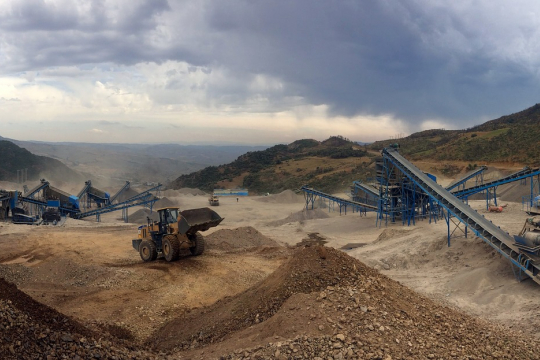Chilean mining municipalities collect a mineral tax to compensate for the negative externalities associated with resource extraction. Although this implies a positive marginal impact on local finance, there is not enough empirical evidence to support that this improves the quality of life in these communities. This article attempts to bridge this knowledge gap via a unique experimental framework, specifically, the Chilean tax system and a mining law that allows certain municipalities above an exogenous threshold to keep the extra income. We use Regression Discontinuity Design to identify the causal effect on public education indicators and our results are robust and show that in the margin that the educational performance of mining municipalities is worse than that of the counterfactuals. In addition, the evidence suggests that despite the resource windfalls of the mining municipalities, it is not clear if these municipalities invest more resources in public education than other localities.
The impact of mining taxes on public education: Evidence for mining municipalities in Chile
EfD Authors
Country
Sustainable Development Goals
Publication reference
Oyarzo, M., & Paredes, D. (2021). The impact of mining taxes on public education: Evidence for mining municipalities in Chile. Resources Policy. doi:10.1016/j.resourpol.2018.05.018

